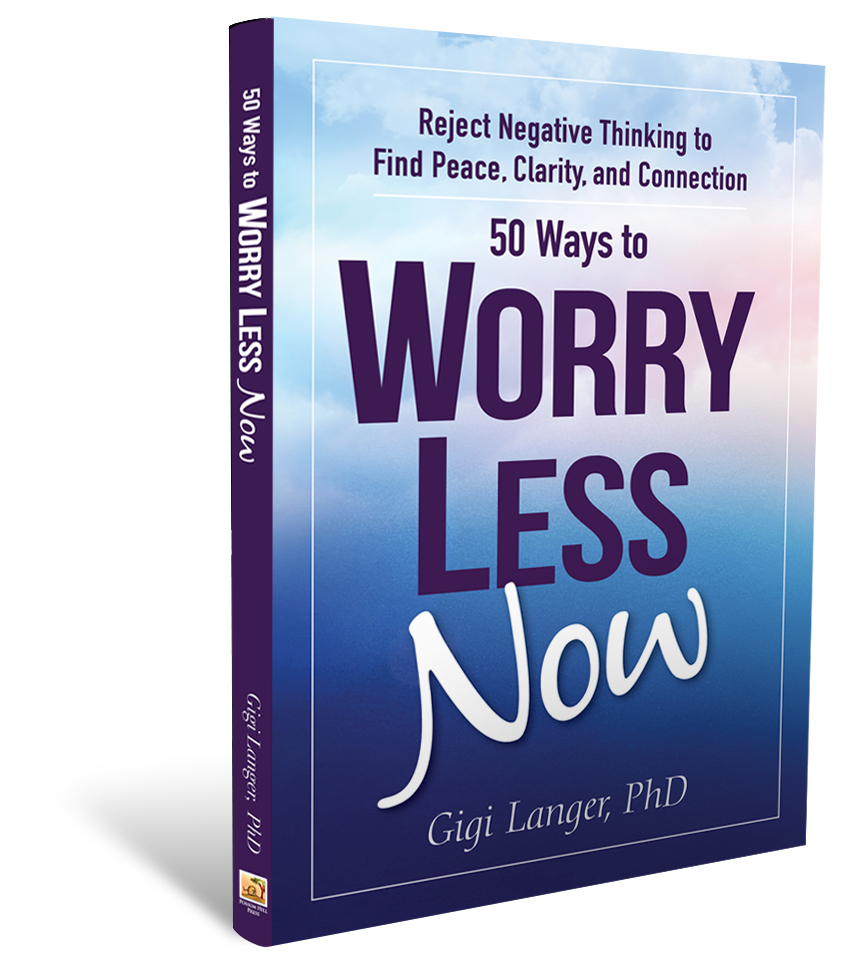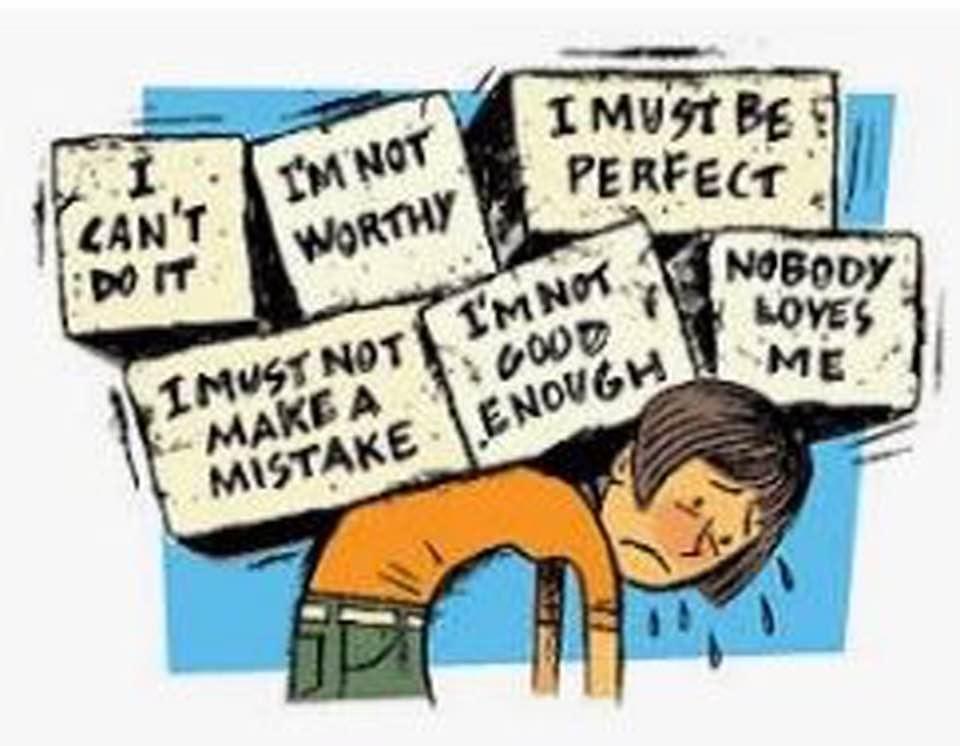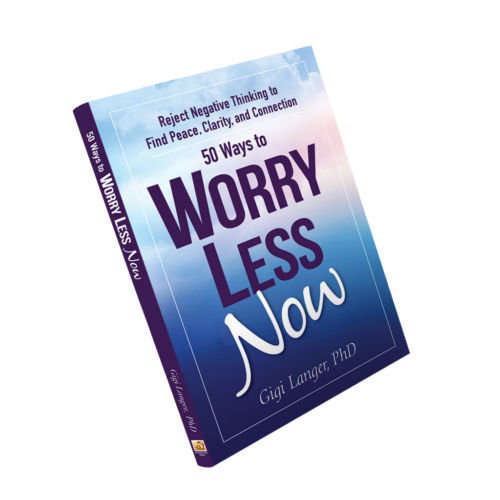
Let’s consider the idea of acceptance. How well has trying to control things worked for you? Do you believe you can change your loved ones? Or the fix world?
You might be suffering with incessant regrets about the past, wishing you could change or fix it. Even worse, are you living in the wreckage of your future, constantly imagining how to avoid things like illness, poverty or loneliness?
All these pitfalls involve non-acceptance: the refusal to acknowledge how little control we have over other people, places, or things. In non-acceptance, we resist reality by immersing ourselves in fantasies, addictions, and other habits that shield us from the facts. This constant negative thinking keeps us in a loop of misery when our expectations aren’t met.
Acceptance
The only solution is acceptance: honestly admitting our own personal lack of power. As stated in The Big Book of Alcoholics Anonymous, Fourth Edition, page 417,
“Acceptance is the answer to all my problems today. When I am disturbed, it is because I find some person, place, thing or situation—some fact of my life—unacceptable to me, and I can find no serenity until I accept that person, place, thing or situation as being exactly the way it is supposed to be at this moment. . . . Unless I accept life completely on life’s terms, I cannot be happy. I need to concentrate not so much on what needs to be changed in the world as on what needs to be changed in me and my attitudes.”
An Example of Acceptance
Recently, my friend, Kayla, described her awakening to acceptance as “being hit by a pile of bricks.” Kayla had spent most of her adult years in a horrible, abusive relationship that was finally ending. She was struggling with codependency and began attending Twelve-Step meetings. Recently she began to work with a sponsor on Step One, admitting that a) we are powerless over the addiction of codependency, and that b) our lives have become unmanageable.
Reading about Step One and pondering the questions in her study guide, Kayla quickly came to see the truth: Her relationship was really over now, and her efforts to guarantee her happiness had failed. But it was not a happy insight; in fact, she had a few days of depression. Then she arose from her bed, free of the false illusions that had kept her trapped.
In short, with great courage, she threw in the towel and surrendered the fight. She was then ready to proceed to a new way of life with healthy others and a power greater than her codependence.
My Favorite Ways of Avoiding Acceptance
We all struggle with denial and non-acceptance from time to time. It helps to know the signs, so I can notice my shitty attitude and choose instead to accept life on life’s terms. Here are a few of my favorite avoidance strategies. My book, 50 Ways to Worry Less Now, offers many tools to come to acceptance and move on with our healing.
1. Trying to Figure It Out: “Why?” Is Not a Spiritual Question
Often my first defense against something I don’t like is to try to figure it out. For example, I try to analyze what I did, or what I should have done about the situation, with the (unrealistic) goal that I can change the past or manipulate the future. This is playing God, thinking that I should know why everything happens–totally impossible!
2. Judging and Resisting Things as They Are
Non-acceptance whispers to me that I know exactly how things should turn out, because other people are screwing up. If only they would listen to me, everything would be okay! Worse, my resistance tells me I can’t be happy unless I see this specific result. A sure dead-end.
3. Isolating in Denial
It’s only too easy to remain isolated without the care and guidance of healthy, honest friends. All alone, I can stay in denial, using my favorite ways of feelings-avoidance: food, TV, sex, or substances. When I open up honestly to another, I can find help to accept the truth and move on–hopefully with a structured program that builds in me a new way of living.
What’s Your Experience with Acceptance?
Acceptance boils down to a humble admission that our thoughts and actions–especially those based on the desire to control–don’t always lead to the best results. It’s trusting that a power wiser than our own fearful mind might lead us to the best outcomes. We can then approach life without fighting it, judging it, or needing to control it.
This step leaves us ready to find the solutions we’ve been seeking through a power greater than ourselves–the purpose of the remaining Twelve Steps.
I would love to hear from you! Please reply to glanger2202@gmail.com

Gigi Langer has been sober 35 years, and holds a PhD in Psychological Studies in Education from Stanford University. Formerly crowned the “Queen of Worry,” Gigi resigned her post many years ago and now lives happily in Florida with her husband, Peter and her cat Murphy.

Gigi’s award-winning book, 50 Ways to Worry Less Now, describes how to correct the faulty thinking leading to addiction, dysfunctional relationships, perfectionism, and worry about loved ones. Check out the practical directions, personal stories, and other helpful growth tools. Amazon: 4.8 stars (Buy Discounted, personally signed Paperback with free Workbook PDF HERE)




